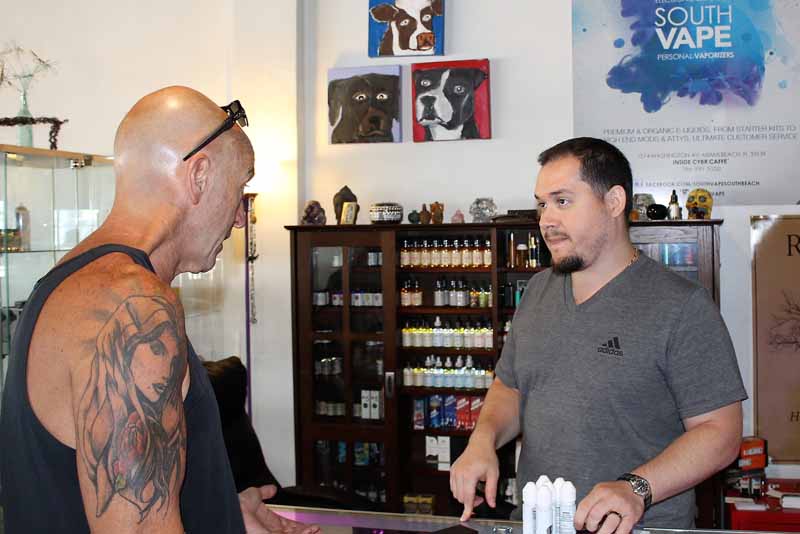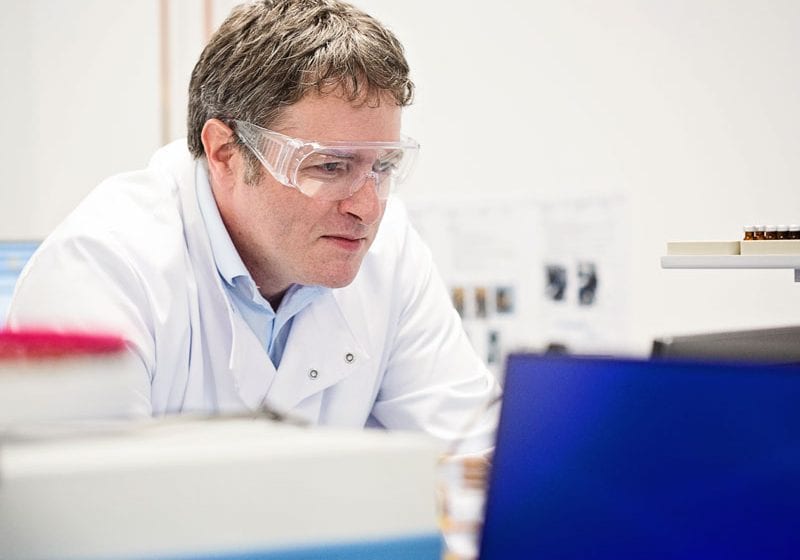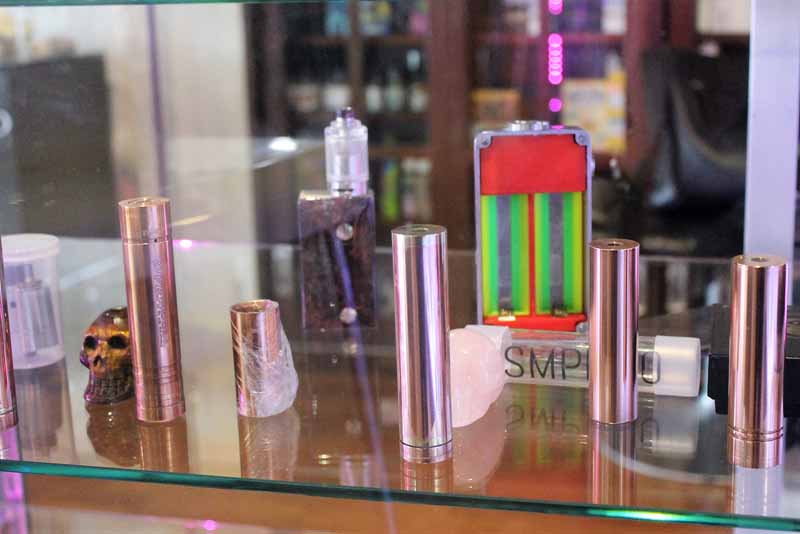Philip Morris International’s Canadian subsidiary, Rothmans, Benson & Hedges (RBH) has obtained an initial order from the Ontario Superior Court of Justice granting it protection under the Companies’ Creditors Arrangement Act (CCAA).
In a note posted on its website, PMI said that RBH had said that obtaining creditor protection became necessary following recent developments in two class action proceedings in Québec against RBH, Imperial Tobacco Canada, and JTI-Macdonald.
PMI listed the key elements and impact of RBH’s decision to file for protection:
- ‘The initial order includes a comprehensive stay of all tobacco-related litigation pending in Canada against RBH and PMI, thus providing an efficient forum for RBH to seek resolution of all such litigation.
- ‘The CCAA process allows RBH to carry on its business in the ordinary course with minimal disruption to its customers, suppliers and employees.
- ‘As a result of the filing, and under US GAAP, PMI will deconsolidate RBH from its financial statements, resulting in an estimated one-time non-cash charge of approximately $0.10 per share, as described below.
- ‘While it remains under creditor protection, RBH does not anticipate paying dividends. As RBH has not paid dividends since the trial court’s judgment in May 2015, the deconsolidation will not have an impact on PMI’s current annualized dividend rate.’
PMI said that, as a result of the deconsolidation of RBH, PMI was revising its full-year 2019 reported diluted earnings per share forecast to be at least $4.90 at prevailing exchange rates. This full-year guidance, it said, reflected:
- ‘The current estimated one-time net impact of the deconsolidation of RBH under US GAAP of approximately $0.10 per share, to be recorded in the first quarter of 2019, which is a non-cash item, plus the tobacco litigation-related charge of approximately $0.09 per share announced on March 4, 2019; and
- ‘The exclusion of RBH’s previously anticipated earnings from PMI’s consolidated financial statements from the date of deconsolidation to December 31, 2019, of approximately $0.28 per share.’











